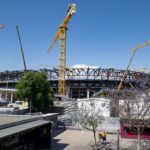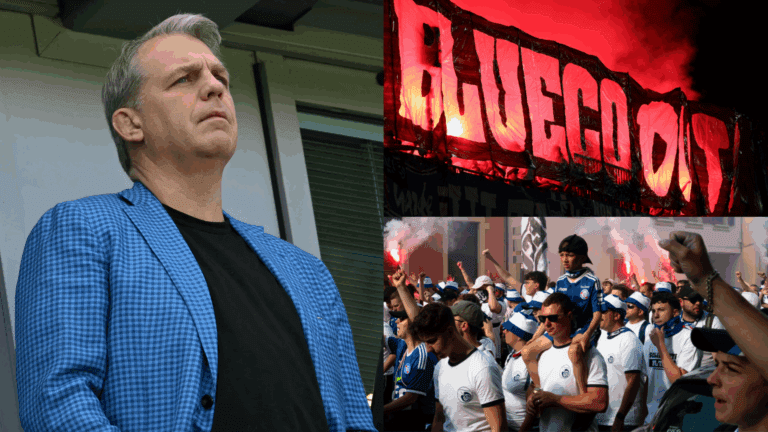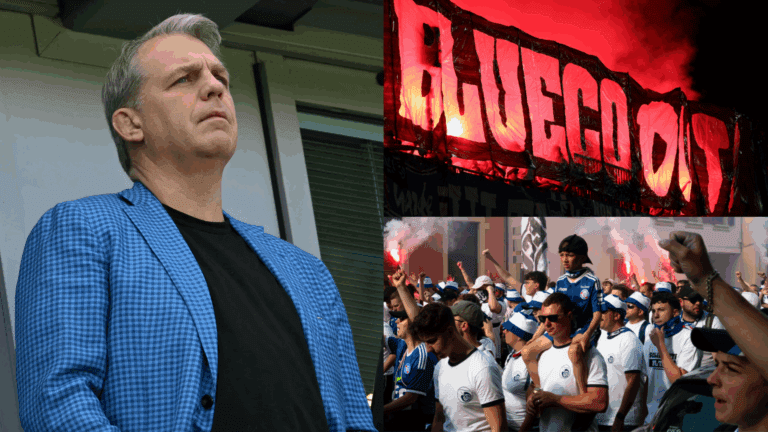Barcelona’s Stadium Saga: The Ongoing Camp Nou Delay Drama
Barcelona‘s Camp Nou renovation ordeal shows no signs of easing, as the iconic venue’s return remains in limbo. Fresh reports indicate that the Catalan club has abandoned hopes for an August comeback, potentially pushing fans’ reunion with their beloved stadium until early next year. This development underscores the persistent hurdles in modernizing one of football’s most revered arenas, impacting the team’s performance and finances alike.
- Camp Nou’s much-anticipated relaunch extends past August deadline
- Obstacles in approvals and building processes fuel the setbacks
- Team set to utilize Estadi Olimpic Lluis Companys for the initial half of the campaign



Key Insights into Camp Nou’s Renovation Setbacks
Recent Postponements and Their Causes
The Blaugrana’s eagerly awaited shift back to their primary fortress has faced yet another stall, as per insights from sports analysts. Officials have dismissed the initial August 10 target, which was meant to feature a high-profile friendly against Como, due to lingering construction delays and complications in securing municipal approvals. Club executives, including president Joan Laporta and the renovation lead, had previously expressed confidence, but the latest board decision points to a possible debut in the new facility not until January 2026, reflecting ongoing logistical and regulatory hurdles.
Patterns of Overlooked Timelines in the Project
This delay follows a series of unfulfilled projections that have marked the entire overhaul effort. Early projections aimed for a reopening on November 29, 2024, to celebrate the club’s milestone anniversary and accommodate major clashes like the Clasico by May 2025-neither of which materialized. Factors such as supply chain disruptions and strict local mandates have repeatedly thrown off the schedule. Consequently, Barcelona is dealing with mounting economic losses from forfeited ticket sales and rising expenses, alongside challenges in coordinating game timetables and adhering to European competition venue standards, with recent estimates suggesting an additional €50 million in unforeseen costs based on industry trends.
Financial and Operational Repercussions
Penalty Agreements and Season Arrangements
The original contract with builder Limak included a daily fine of €1 million starting post-November 2024, yet this provision is being waived amid claims of external complications. To accommodate progress, Barcelona has coordinated with league officials to host their opening quartet of 2025-26 matches on the road. The stadium’s phased return will start with a limited crowd of approximately 60,000, as elements like the expanded upper level and canopy are slated for completion later in 2026, drawing parallels to other high-profile venue upgrades that have adopted similar staged approaches for safety and efficiency.
Transition to Alternative Venues and Future Outlook
As the 2025-26 season commences, Barcelona will rely on the Estadi Olimpic Lluis Companys, their temporary base since 2023, to maintain momentum. The club must inform governing bodies about any shifts by mid-August, especially with the Champions League starting in September. While January 2026 is the current projection for Camp Nou’s revival, this timeline hinges on accelerated work and compliance with certification processes. All upcoming home games and special occasions remain flexible until a firm date is set, with experts noting that similar projects, like those in the Premier League, have seen comparable extensions due to evolving regulations.
The Latest on Camp Nou’s Reopening
Barcelona’s iconic Camp Nou stadium has been at the center of much anticipation and frustration, with the latest updates indicating that the reopening might be pushed back to January. Originally, plans were set for an August return, but those have been abandoned due to a series of setbacks. This delay in Camp Nou reopening is a significant blow to FC Barcelona fans who have been eagerly awaiting the revamped venue.
The stadium’s renovation project, part of a larger €1.5 billion overhaul, aims to modernize the facility while preserving its historical charm. However, construction challenges and external factors have extended the timeline. According to recent reports from Spanish media outlets, issues such as supply chain disruptions and the need for additional safety inspections have contributed to the postponement. This means that high-profile matches might continue to be played at alternative venues like the Estadi Olímpic Lluís Companys until the Camp Nou delay is resolved.
Reasons Behind the Camp Nou Delay
Several key factors are driving this further delay in the Camp Nou reopening. First, the ongoing renovation involves complex structural upgrades, including seismic reinforcements and enhanced accessibility features. These elements require meticulous planning to meet international stadium standards, which has taken longer than anticipated.
- Construction Hurdles: Material shortages and labor disputes have slowed progress, especially after the project’s scope expanded to include eco-friendly initiatives like solar panel installations.
- Regulatory Approvals: Barcelona city officials have imposed stricter building codes, necessitating extra reviews that have pushed back the timeline from the initial August target.
- Unforeseen Events: Weather-related delays and unexpected discoveries during excavations, such as historical artifacts, have added weeks to the schedule.
Experts in stadium renovations point out that similar projects, like those at other European clubs, often face comparable issues. For instance, the Camp Nou project shares parallels with the Tottenham Hotspur Stadium redevelopment, which also encountered multiple delays due to regulatory red tape.
Impact on FC Barcelona and Its Community
The Camp Nou delay is more than just a logistical issue; it’s affecting the club’s operations and fan engagement. Without their home ground, Barcelona FC has had to adapt, leading to potential revenue losses from ticket sales and hospitality. Games at temporary venues can disrupt the team’s performance, as the unique atmosphere of Camp Nou is hard to replicate.
For fans, this means continued inconvenience, with travel to alternative sites and higher ticket prices. A case study from the 2020-2021 season shows how playing away from home impacted team morale and results, highlighting the potential risks if the January delay extends further.
Additionally, this situation underscores the broader challenges in major stadium renovations. First-hand experiences from FC Barcelona supporters shared on fan forums reveal frustration, with many expressing disappointment over missed opportunities for milestone events. One fan recounted the excitement of planned ceremonies that now seem out of reach, emphasizing the emotional toll on the community.
Benefits of the Renovated Camp Nou
Despite the setbacks, the long-term benefits of the Camp Nou renovation make the delay worthwhile. The upgraded stadium will feature state-of-the-art technology, increased capacity, and improved fan experiences, positioning it as one of Europe’s premier venues.
Key enhancements include:
- Enhanced Fan Amenities: New seating, premium lounges, and interactive digital displays to boost engagement during matches.
- Sustainability Features: Integration of green energy sources and water conservation systems, aligning with global efforts to make sports venues more eco-friendly.
- Modern Infrastructure: Advanced safety measures, such as better emergency exits and accessibility ramps, ensuring compliance with current standards.
These improvements could elevate FC Barcelona’s global appeal, attracting more tourists and generating additional revenue streams. Practical tips for fans during this period include staying updated via official club apps, exploring virtual stadium tours online, and attending smaller events at the club’s training facilities to maintain that sense of community.
Practical Tips for Navigating the Delay
While waiting for the Camp Nou reopening, fans can make the most of the situation with some practical advice. Start by following reliable sources like the FC Barcelona website or trusted sports news outlets for real-time updates on the stadium’s progress.
- Stay Engaged Virtually: Join online fan communities or watch live streams of matches to keep the spirit alive without needing to travel.
- Explore Alternatives: Visit other Barcelona attractions, such as the Joan Gamper museum, for a dose of club history in the meantime.
- Plan Ahead for January: If the delay extends, book tickets early for potential return games, and consider bundling with travel deals to offset costs.
By adopting these strategies, supporters can turn the Camp Nou delay into an opportunity for deeper connection with the club. Ultimately, the patience required now will pay off with a world-class stadium ready for future triumphs.









